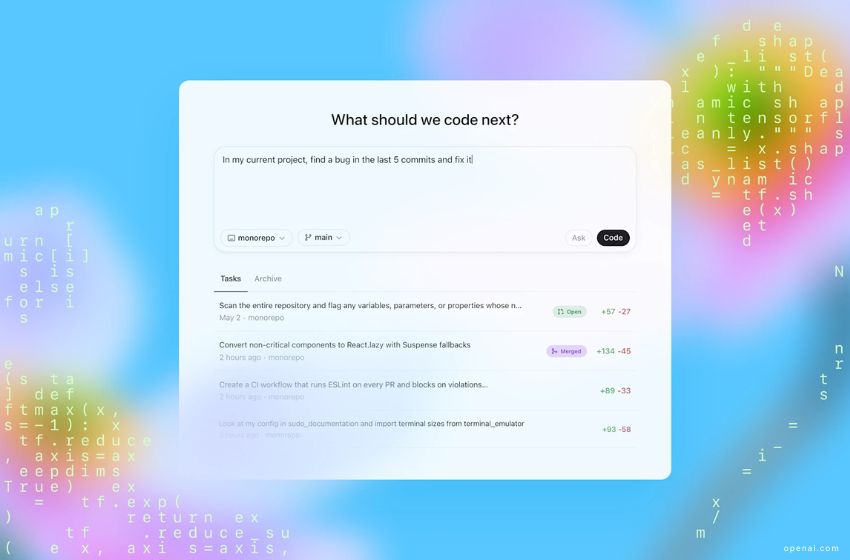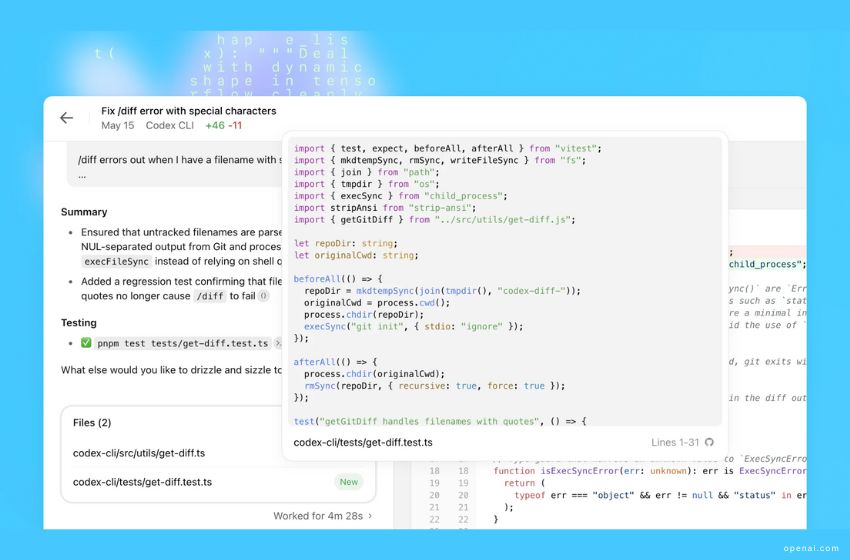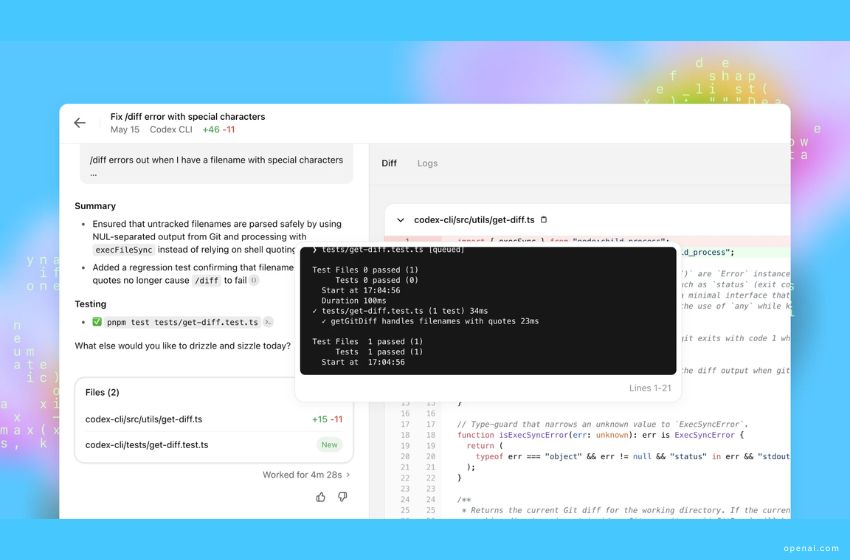
OpenAI Codex: A Coding Genius or Just Another Show-Off AI?
Let’s be honest—coding is tough. All those brackets, semicolons, and “unexpected token” errors can drive anyone a little mad. Now imagine there’s something that can write code faster, better, and without complaining about coffee breaks. Yep, we’re talking about OpenAI Codex—the AI tool that’s giving developers a run for their syntax.
But wait, what is OpenAI Codex, and why is it all over the internet lately? Buckle up, because we’re about to unpack this digital marvel in a way that doesn’t require a PhD or a neckbeard. Just simple language, real talk, and a sprinkle of humor. Let’s go.
So, What Exactly is OpenAI Codex?
Think of OpenAI Codex as that super-talented intern who just gets everything on the first try—but instead of fetching coffee, it’s fetching lines of code like a champ. Built by OpenAI (yes, the same folks behind ChatGPT), Codex is a powerful AI that can understand plain English and translate it into code.
For example, you could type:
“Make a button that says ‘Hello World’ and turns blue when clicked.”
And boom! Codex will write the HTML, CSS, and JavaScript faster than you can say “Stack Overflow.”
Where Did OpenAI Codex Come From?
Codex didn’t just appear out of thin air like a mysterious bug. It was actually born from GPT-3, one of OpenAI’s earlier language models. But unlike GPT-3, which is great at writing essays (like this one), OpenAI Codex was trained specifically to understand and write programming languages.
It can handle over a dozen programming languages including:
- Python
- JavaScript
- Ruby
- Go
- TypeScript
- Shell
And yes, even the dreaded Regex. (Coders know the pain.)
What Can You Use OpenAI Codex For?
Now, here’s where it gets exciting. OpenAI Codex isn’t just some academic tool meant to live in labs and research papers. It’s already being used in the wild!
Here’s what people are doing with it:
- Auto-writing code snippets from plain English instructions
- Debugging messy code like a pro
- Creating simple games and apps
- Building websites in minutes
- Learning programming faster (It’s like a coding tutor that doesn’t judge.)
Some developers even use Codex as a pair programmer. It’s like working with someone who never talks back or steals your snack from the fridge.
But Is Codex Going to Replace Developers?
Ah, the million-dollar question. Let’s be real: the idea of AI taking over your job is about as comforting as a surprise production bug at 2 a.m.
The truth is—no, Codex is not replacing developers anytime soon. It’s an amazing tool, but it still has limits. It needs human supervision, context, and understanding of complex business logic. You know, all the stuff that makes coding more than just writing “if” statements.
So instead of fearing it, smart devs are learning to work with it. Because when you team up with OpenAI Codex, you can focus on big-picture logic while it handles the boring stuff.
Win-win, right?
Some Fun (and Real) Things Codex Has Done
Want to see Codex flex? Here are a few jaw-dropping things it’s pulled off:
- Built a basic calculator app in seconds
- Turned a sentence into a working SQL query
- Created a snake game using Python
- Even wrote code for a basic chatbot—yep, AI building AI
No big deal. Just Codex casually showing off like it’s got something to prove.
What Are the Risks or Downsides?
Of course, it’s not all rainbows and perfectly indented code. OpenAI Codex has its share of concerns:
- Security: Codex can accidentally suggest insecure or outdated code.
- Bias: Since it’s trained on internet code (hello, GitHub), it can reflect some not-so-great coding practices.
- Over-reliance: Newbies might lean on it too much instead of learning the basics.
And let’s not forget the existential crisis it gives to junior developers who see Codex solve problems in 5 seconds flat.
Should You Use OpenAI Codex?
If you’re a developer, student, or someone who just hates typing out repetitive code—OpenAI Codex is worth exploring. It’s available via tools like GitHub Copilot, which is like having Codex integrated right into your IDE (VS Code users, rejoice!).
Just remember, Codex is a tool, not a replacement for learning, critical thinking, or proper documentation (yes, we said it—write your comments!).
His album art is a reference to Slash magazine, an underground punk zine printed in Los Angeles during the Seventies. And one of Carty’s new calling cards is the chaotic use of capitalization in song titles. He says it comes from remembering.


Final Thoughts: Codex, the Co-Pilot, Not the Captain
So, should you be scared of OpenAI Codex? Nah. But should you learn to use it? Absolutely.
Whether you’re debugging your 1000th line of spaghetti code or trying to learn Python without crying, Codex is here to make your life easier. Think of it as a robotic sidekick—Batman still needs Robin, after all.
In the end, OpenAI Codex is one of those rare tools that manages to be smart, fast, and fun to use. And while it might out-code you on some days, it’ll never out-human you. So grab your keyboard, partner with the bot, and write better code—together.




